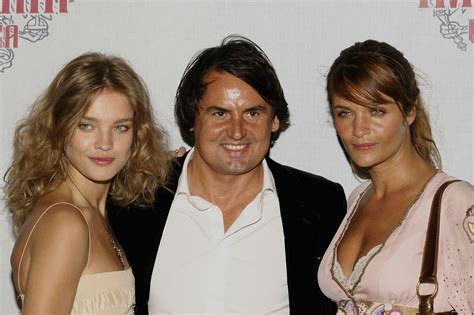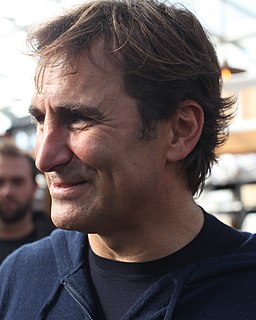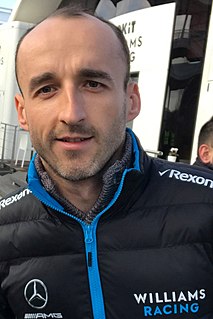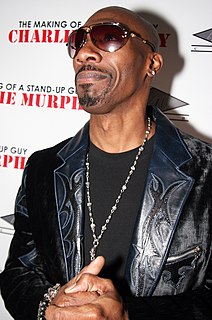A Quote by J. G. Ballard
After being bombarded endlessly by road-safety propaganda it was almost a relief to find myself in an actual accident.
Related Quotes
I think I started to approach time in a different way after the accident. Before I was more willing to give my time to people and things that I wasn't as interested in because somehow I allowed myself to be brainwashed into being forced to work with other people or on other projects that I had no interest in. So simply, the accident gave me the opportunity to do what I really wanted to do.
After a while, being so honest and so vulnerable on the page ends up affecting my own kind of self possession in the world, because I am not afraid of myself and my own thoughts. I think so much of being a woman, of being a social being, of being polite, is quieting those thoughts. There's so much we try not to say as we go through the day. There's a lot of tempering and self-editing. It is a relief to make writing that space where I don't need to do that.
The desire for success is inherent within all of us. It is a part of our nature to want to grow, to improve the quality of our lives. However, nothing improves by accident, it requires conscious attention. When you are being bombarded by negatives, improvement, growth and success are easy to forget.
The negative effects of combat were nightmares, and I'd get jumpy around certain noises and stuff, but you'd have that after a car accident or a bad divorce. Life's filled with trauma. You don't need to go to war to find it it's going to find you. We all deal with it, and the effects go away after awhile. At least they did for me.
The negative effects of combat were nightmares, and I'd get jumpy around certain noises and stuff, but you'd have that after a car accident or a bad divorce. Life's filled with trauma. You don't need to go to war to find it; it's going to find you. We all deal with it, and the effects go away after awhile. At least they did for me.






































